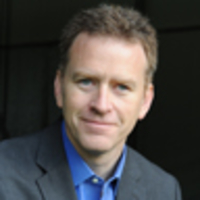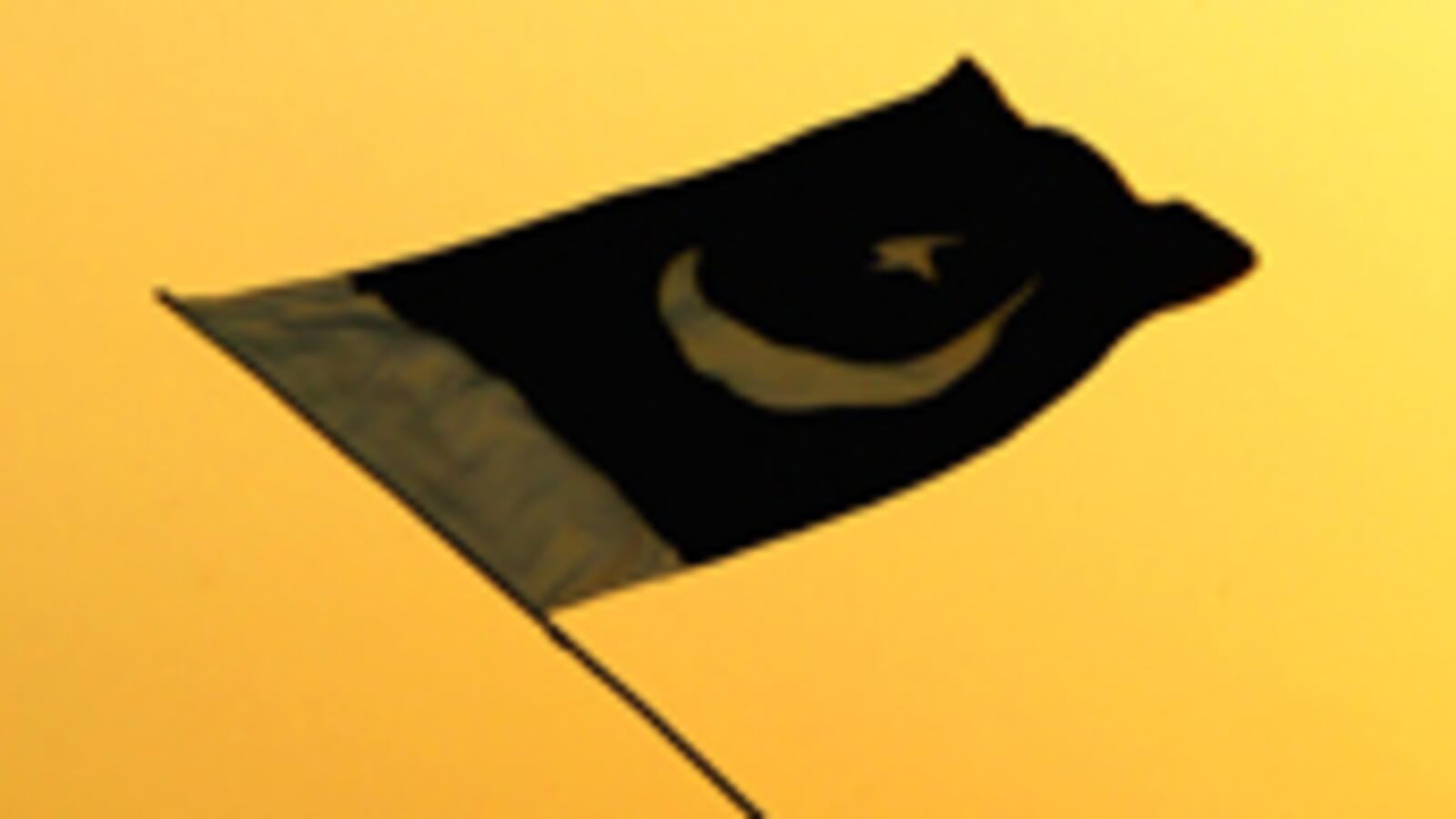
Pakistanis are feeling even more defensive than usual after the arrest of Faisal Shahzad, the Pakistani American accused in the attempted Times Square bombing. News of the arrest of people in Pakistan suspected of links to the case won’t make them feel any better.
It’s been hard, even after all this time, for many people here to accept that radicals have grown up among them. Americans who once asked of extremists, “Why do they hate us?” may be surprised to learn that some people here turn the question around, asking why America hates Pakistan.
In Karachi last weekend, the brother of a bombing victim told me that he believes the CIA controls the Taliban, and planted the bomb that killed his brother.
This month I met members of a Pakistani sugar mill workers’ union. They work in a vast rural factory that resembles an old steel mill and smells like molasses. I asked about their daily lives—their wages have gone up, but not nearly as much as the price of sugar—and never mentioned Shahzad. But as I stood to go, several men stopped me to ask a question. Why did Americans say Shahzad was a Pakistani? He was an American citizen.
“I’m not a spokesman for my government,” I began, a phrase that produced howls of derision, “but I think Americans were concerned because Shahzad came to Pakistan for training.”
“There’s no proof he had training!” they insisted.
Conversations like this are fairly normal here. Earlier this month I visited the University of the Punjab, in Lahore, a complex of brick buildings comparable to a big American state university. Outside the Faisal Auditorium I found students who’d settled on a close-cropped lawn, reading books or using a laptop to check cricket scores.
I asked them about a right-wing religious group that had terrorized the campus for years, beating up students and even a professor. These students despised the radicals, who harassed them whenever they sat too close to a girl.
Then the conversation veered off. “My question for you,” said a bespectacled student named Farman Ali, “is what do you feel about the people of Pakistan and its culture? What do you think about Islam?”
I’ve heard variations on this question across the Islamic world for years. As a reporter I prefer to keep my opinions to myself, so I gave the students my usual response: “Everybody treats me well, and it’s a wonderful place to visit, and people are very kind and open.”
This is true wherever I’ve said it—from Baghdad to Tehran to Kandahar, people have treated me to an endless supply of courtesy, time, and tea. But the students wanted more, and sharpened their questions. Did I believe that Islam was a terrorist religion?
My questioners soon let me off the hook by answering the question themselves. They needed no further information from me. They were already convinced that America must despise Islam, and must especially despise Pakistan. One student repeated a line from a popular Bollywood movie: “My name is Khan, and I am not a terrorist!”
Another young man, Mohammad Saied, jumped in. Americans “basically hate Asian people, right?”
He explained that he worked for two years in a call center, answering complaints about satellite TV service. “I just spoke with a simple accent, right?” he said. “So if your accent is Asian, right, people don’t want to talk, they hang up the call… They don’t want to talk with Asian people, right? That’s why I have changed my accent,” he said, in a flat tone that would have made him hard to place.
Soon the conversation returned to extremism. It was clear to me that these students had no sympathy for radicals. They had witnessed bombings in Lahore, and they’d been frustrated by extremist thugs on this very campus. But they couldn’t accept the notion that the violence came from within their own country.
“Outside agencies are doing this in Pakistan just to hold up Pakistan,” said a graduate marketing student named Imran Malek, “and the biggest agency doing that is the CIA.” Americans are “interfering” in Pakistan, he said.
Malek was offering his version of a conspiracy theory that’s as commonplace in Pakistan as kids playing cricket. Some people offer the theory in a nuanced way that contains a lot of truth: The United States backed jihadist groups in the 1980s in their fight against the Soviets in nearby Afghanistan. Now that the jihadists are out of control, America is partly responsible.
Other people miss the nuance. In Karachi last weekend, the brother of a bombing victim told me that he believes the CIA controls the Taliban, and planted the bomb that killed his brother.
In fairness, many Pakistanis do accept that their country has become a major source of militants, even if they blame America, too. America supported militant groups before the 9/11 attacks and then “made a U-turn,” said Shahi Syed, a Karachi businessman and politician. “Our government also made a U-turn. Our military? They made a 50 percent U-turn.”
Still, it leaves people in Pakistan wondering what the world must think of them.
And not just people in Pakistan. While traveling in Pakistan I received a Twitter message from Rashid Temuri of Chicago.
He wrote: “I like to know what is ur personal opinion of Pakistan after the trip.”
For more on National Public Radio's recent journey along Pakistan's Grand Trunk Road, click here.
Steve Inskeep is co-host of NPR's Morning Edition and author of a forthcoming book about Karachi, Pakistan.





